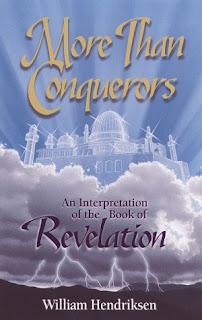1. Those who repent and believe the Gospel will be saved. Acts 2:21 (ESV): “And it shall come to pass that everyone who calls upon the name of the Lord shall be saved.”
2. God’s enabling grace will sanctify you. Ezekiel 36:27 (ESV): “And I will put my Spirit within you, and cause you to walk in my statutes and be careful to obey my rules.“
3. God’s regenerating mercies will keep you persevering in faith. Jeremiah 32:40 (ESV): “And I will put the fear of me in their hearts, that they may not turn from me.“
4. God will sovereignly and providentially guarantee to you the greatest good, i.e., to be like Christ. Romans 8:28–29 (ESV): “And we know that for those who love God all things work together for good, for those who are called according to his purpose. For those whom he foreknew he also predestined to be conformed to the image of his Son, in order that he might be the firstborn among many brothers.”
5. He will not abandon you. Hebrews 13:5–6 (ESV): “for he has said, “I will never leave you nor forsake you.” So we can confidently say, “The Lord is my helper; I will not fear; what can man do to me?”
6. Nothing can separate you from His love. Romans 8:38–39 (ESV): “For I am sure that neither death nor life, nor angels nor rulers, nor things present nor things to come, nor powers, nor height nor depth, nor anything else in all creation, will be able to separate us from the love of God in Christ Jesus our Lord.”
7. God will accomplish His redemptive purpose for your life. Jude 24 (ESV): “Now to him who is able to keep you from stumbling and to present you blameless before the presence of his glory with great joy . . ..”


